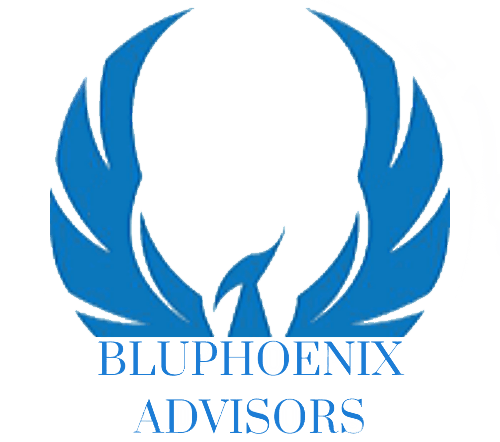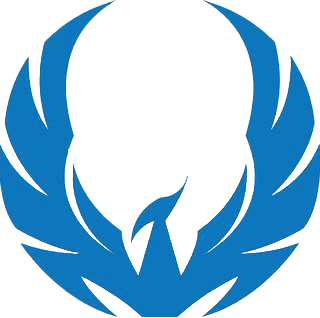Why Curiosity Matters More Than Intelligence
Many cultures place intelligence on a pedestal, and for good reason. People that know a lot about a little are good for plugging into a well-oiled machine. However, curiosity matters more than intelligence when it comes to creatively piecing a deal together. Very few deals share a common structure even if they look similar on the surface. It takes a high level of intelligence to recognize similar patterns and identify new possibilities. Still, curiosity is the force that motivates one to explore other problems to find new solutions.
Climbing Mountains
Curiosity drives people to do incredible things that fundamentally change the course of history, like discovering new lands and inventing the microprocessor. However, curious people rarely stop at a single achievement. Achievement-inspired curiosity is much like scaling a mountain range, where you can only see the peak ahead of you. Each step up the mountain takes courage and exploration. You’re likely to stumble along the way, but your mission is clear and important enough to carry on. You will see other peaks beyond what was visible from sea level when you reach the top of the first mountain.
For many, the journey stops at the top of the first peak. The work that went into climbing this single mountain is enough to satisfy many, and now it’s just a matter of maintaining your position. Further, to scale the next peak, you would have to give up ground – retreat – into the valley at the foot of the next mountain. The modern world is changing rapidly, and new peaks are coming into view every day. How good are your binoculars? Intelligence will get you to the top of the next peak, but curiosity empowers you with the strength to abandon your hard-fought position for a better one.
Intelligence has the benefit to tell you how, but your why drives curiosity. The why in your heart helps to cloud the potential failures in your mind that lie ahead. This curiosity gives you the courage to fail fast and fail often along the way to finding a new footing. Rapid prototyping is essential to move forward against such intense competitive headwinds. Consequently, curiosity is more important than intelligence in an evolving world.
Sources of Inspiration
Curious leaders expose themselves to a wide variety of information. They draw inspiration from fine arts, science, literature, and other resources. Their process is deliberate and stimulated by an insatiable desire for new dots to connect. Consider your knowledge in the shape of a skinny bell-curve. You have intensely deep knowledge in a handful of topics with a quickly tapering understanding of many more. The tails of the curve contain the topics where you have little to no knowledge.
In a competitive sense, you are no different in this regard than anyone else. However, leaders in their fields are always working to fatten the bell-curve. They understand that innovation comes from the fringes and seek opportunities to explore those on a regular basis. Intelligence gives a baseline knowledge to enlighten toward what you don’t know. However, curiosity provides the stimulation that leads to further accumulation of knowledge. It’s a matter of collecting then connecting dots.
Once you collect enough dots, you’ll have a good idea of what is missing to connect one to another. Ask open-ended questions that start with who, what, when, where, why, and how. These elicit engaged answers, which lead to the next dot. Look for opportunities in fields that do not clearly intersect with yours. We’ve learned from the development of human civilization that innovation happens concurrently in isolated parts of the globe. Similarly, the problems you encounter in a hotel investment may have solutions in the medical, engineering, or art world.
The Curiosity Habit
Build exploration into your routine. Social media, news, and idle chatter consume so much of our days, but we rarely make time to enrich our perspective on the world. Simply replacing some of this with reading or listening to mind expanding research outside your field has compounding effects. It doesn’t have to be difficult or expensive. Podcasts and blogs experienced explosive growth over the past 15 years. You can expect to find free and affordable resources with different perspectives at all corners of the internet.
Further, there are more opportunities to learn emerging every day. Approach new information with a purposeful open mind. Existing knowledge and biases on a topic impair your ability to take in new information and connect it with what you already know. Train yourself you absorb information like a neophyte. An active approach to connecting old information to new information is the most important skill in a world of information abundance. Take action to improve this skill by exposing yourself to the constant, deliberate practice of it.




